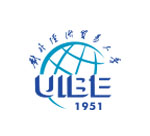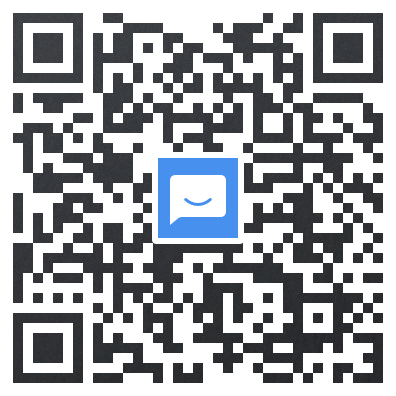【托福写作】10月22日托福学术讨论范文
导读:NCLB-TOEFL科学研究是否要分享?01真题分析ProfessorThis week's course materials will focus on scientific discoveries. While scientific researchers usually prefer to s
本文由对外经济贸易大学国际语言培训中心整理发布,欢迎联系预约试听
TOEFL
科学研究是否要分享?
01
真题分析
Professor
This week's course materials will focus on scientific discoveries. While scientific researchers usually prefer to share what they learn with other scientists, many businesses and governments keep certain scientific discoveries secret. Some people believe that all scientific discoveries should be shared freely among scientists all around the world and that governments and businesses should not keep any discoveries secret. What do you believe and why?
Kelly:
I don't think all discoveries should be shared. Businesses. for example, often spend a lot of money on scientific research in order to make a discovery that can lead to profit. Even if that discovery benefits everyone, the business has a right to keep the discovery secret so that it can develop a profitable product from the research.
Paul:
Sharing knowledge is crucially important to most scientists. Scientists usually publish the details of their discoveries in scientific journals, which means that everyone can see what the scientists have accomplished. Being recognized as the person who made a discovery is the biggest reward for any scientist. When scientists keep their discoveries secret, they lose that recognition. That is very unsatisfying.
和之前题目类似:
Do you agree or disagree with the following statement?
All scientific discoveries should be shared among scientists all around the world; governments and businesses should not keep any discoveries secret.
这个题目是含有绝对词的题目,所以我们需要对scientific discoveries进行拆分讨论
1⃣️可以按照领域拆分
Military
business
education
art and culture
space exploration
health care
2⃣️国家和企业经济投资角度分析
投资研发成本高
增加竞争力,发展经济
合作研究发展更快
02
参考范文
支持分享的角度
I support Paul's perspective that scientific discoveries should be shared.
health care information: 部分医疗信息应该共享--促进合作--短期突破--保证人类健康
Granted, the sharing of information facilitates global collaboration among scientists, leading to significant advancements in addressing critical health issues. People nowadays are grappling with(努力解决) a wide range of severe diseases, such as pandemics, cancer, and AIDS. To combat these pressing and contagious diseases, governments from all corners of the world should engage in cooperative efforts. To be specific, this cooperation involves sharing data on patients with HIV or cancer recognizing that patients from different countries probably show different symptoms. What's more, they exchange findings from previous scientific trials and share the vaccines they have studied. The transparency of(公开) this data, research analysis, and observation weigh increasingly in mitigating the crisis(缓和危机). This international joint effort(国际合作) is of vital importance to decrease mortality(降低死亡率), especially in this pandemic era(疫情时代).
不分享角度
From my perspective, the demerits of freely sharing all scientific results outweigh its merits.
Space exploration and business:航空航天科研结果--关系到国家竞争力--分享不利于国家经济发展
商业机密--新产品研发/新科技--获得竞争力--有利于经济发展
When it comes to research results related to a national competitive edge, governments should exercise caution when sharing scientific discoveries. For one thing, an increasing number of well-established companies(知名企业) invest a lot of budget in research or experimental trials. Companies can only win a competitive edge in the fierce(激烈的) international market by continuously innovating their products. The smartphone serves as(作为) a perfect example. Some developed countries like the United States allocate tons of resources to develop chips, to study new features of smartphones, and to improve consumers’ services. Therefore, the wholesale sharing of scientific discoveries would cause revenue loss for companies that have dedicated all their resources to achieving a hard-won breakthrough (获得来之不易的突破).
For another, as for space exploration, all research results that the government harvests from the study cannot only hold the potential for national financial gain but can also be leveraged to enhance their technological superiority(利用科技优势) to boost global status. Simply put(简而言之), those governments that are capable of launching satellites can make good use of(好好利用) their technology to sign contracts with other nations lacking this capability.
 爱思学 - 您的教育规划师
爱思学 - 您的教育规划师





